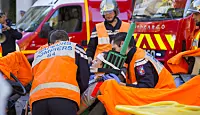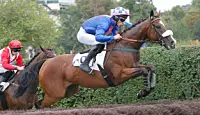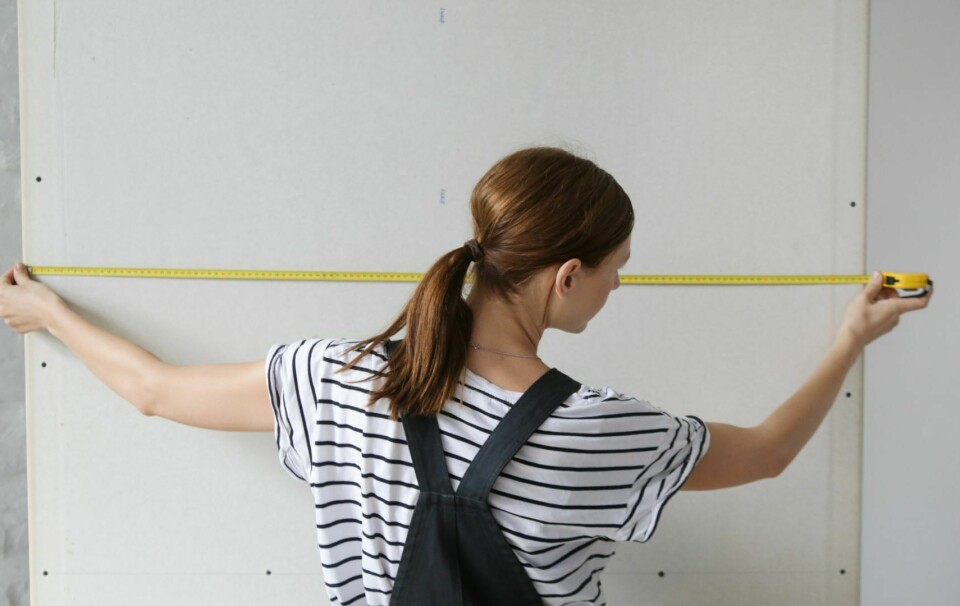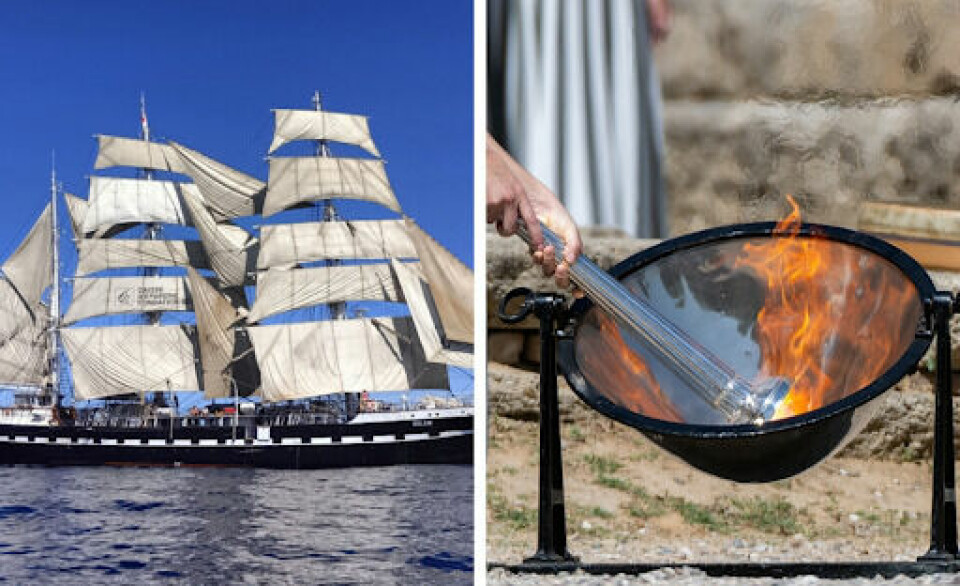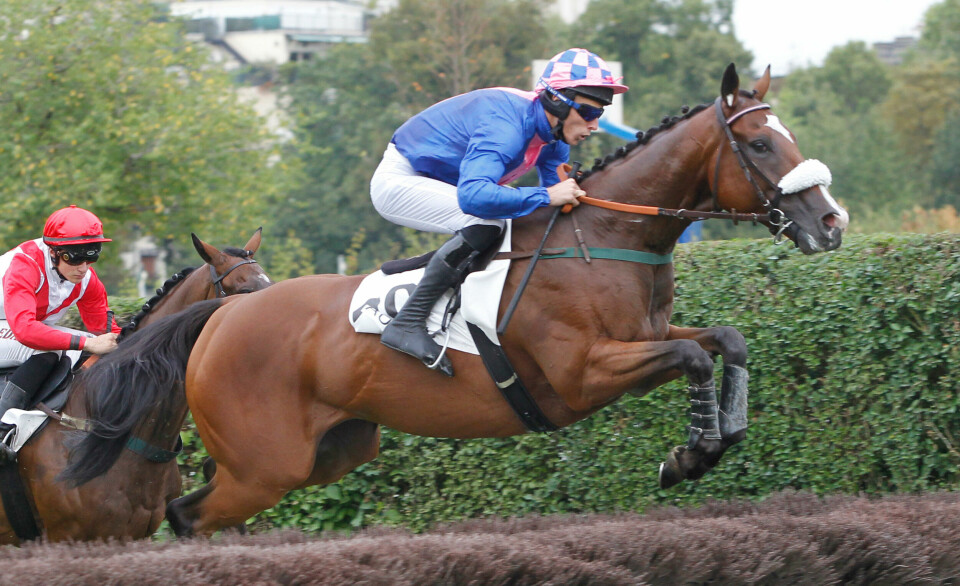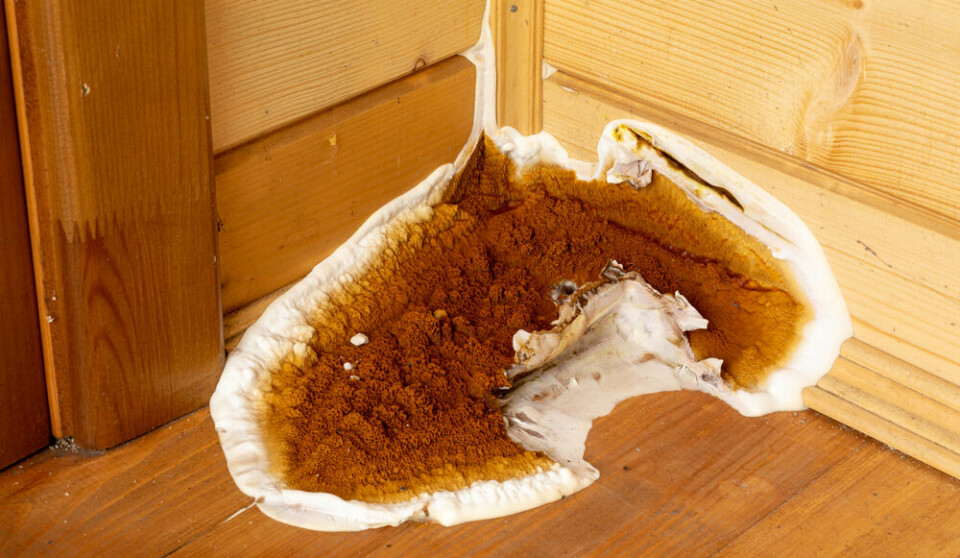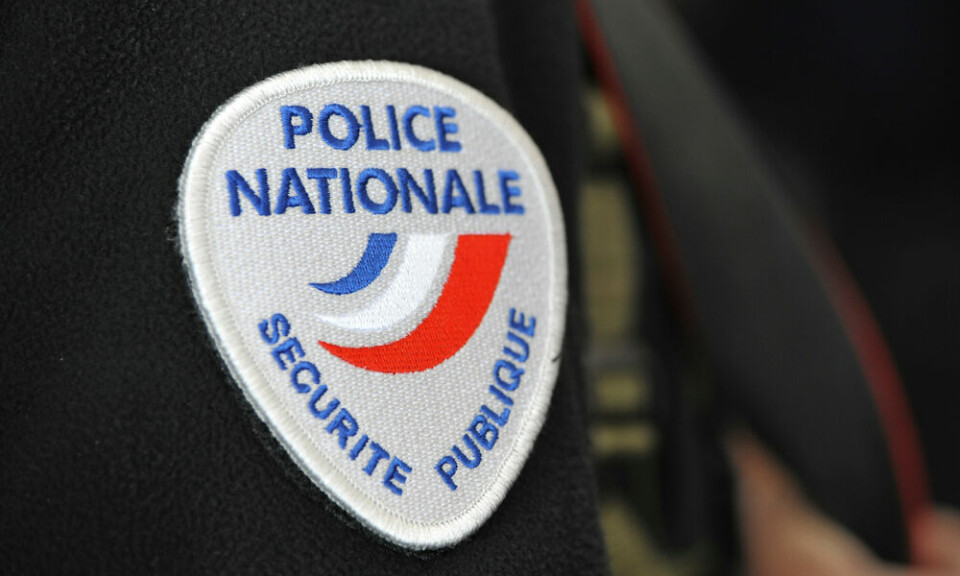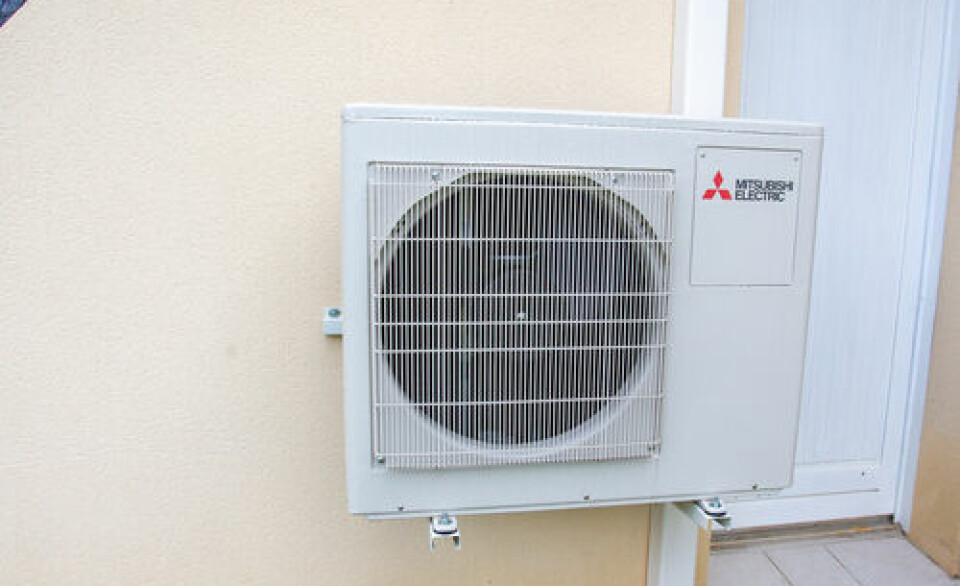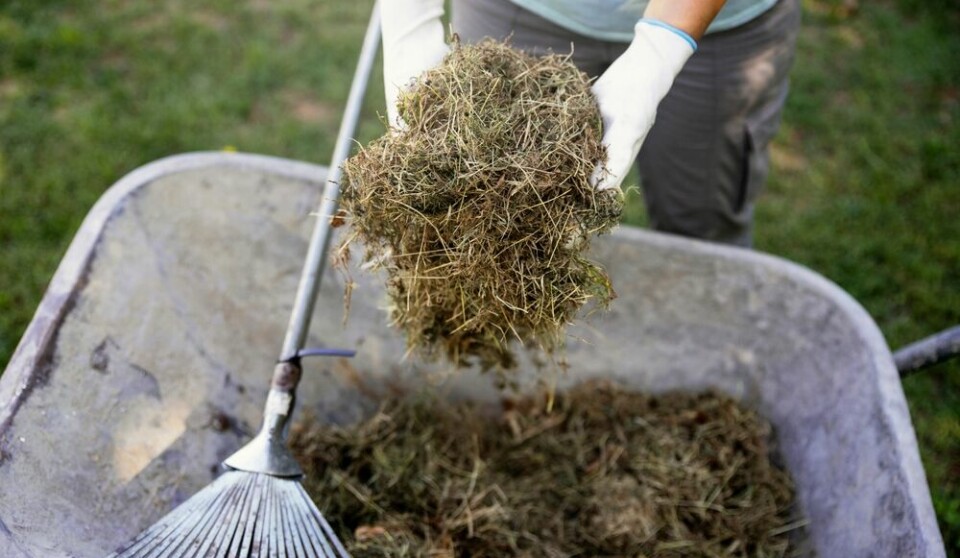-
French nurse’s translation tool helps give care in 101 languages
'Medical terms can be complicated, even when people speak our language well'
-
UK jockey gets French residency card meeting after public complaint
James Reveley tells us about ordeals to obtain a titre de séjour after victory in prestigious ‘president’s race’ in Paris last weekend
-
Dengue fever cases surge in France since start of year
Public Health France has warned of an “unprecedented” situation
Simpler rules on sports medicals

The rules for obtaining a medical certificate for taking part in sport have been simplified.
With many people set to sign up with a sports club at this time of year, or to renew subscriptions, an annual requirement for a doctor’s certificate has been reduced to one every three years.
In addition, instead of having to have a separate certificate for each sport that you take part in, it will be possible to obtain one for several different sports at the same time.
The changes specifically relate to obtaining a sporting licence, which allows people to be part of a sports federation and to take part in competitions with other clubs. A medical certificate is not strictly required merely to belong to a sports association (club) but in practice many require one anyway due to insurance requirements.
Medical certificates need to show an absence of conditions which would render it unsuitable for the person concerned to take part in the relevant sport.
Under the new rules, sports licences will still need to be renewed annually, but medical certificates will remain valid for three years apart from for certain sports with specific health requirements where the requirement will remain annual, including rugby, mountaineering, scuba diving, caving, combat sports like karate and boxing, shooting, car racing and rallying and flying.
As of July 2017, however, there will be a new rule that in between the three-yearly medicals licence holders will be asked to fill in a health questionnaire – triggering a requirement for a new medical certificate if problems are flagged up.
A medical certificate for sport is usually obtained from your médecin traitant (GP) at the cost of an ordinary consultation - €23 if your doctor practices standard tariffs, or €25 from May 2017. In theory this is not reimbursable unless you combine this with a consultation for a medical problem.
